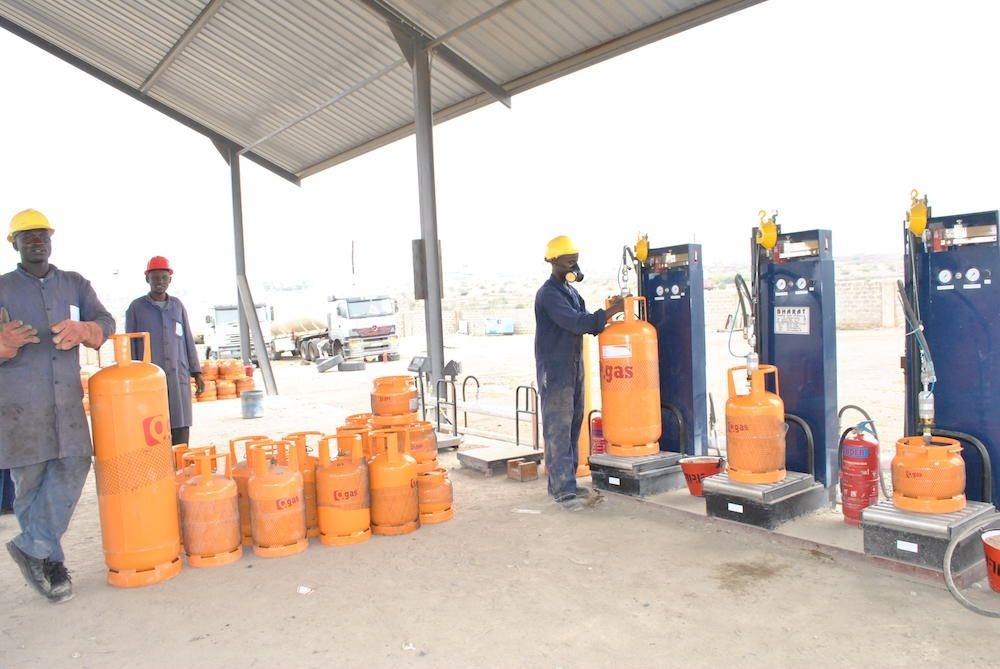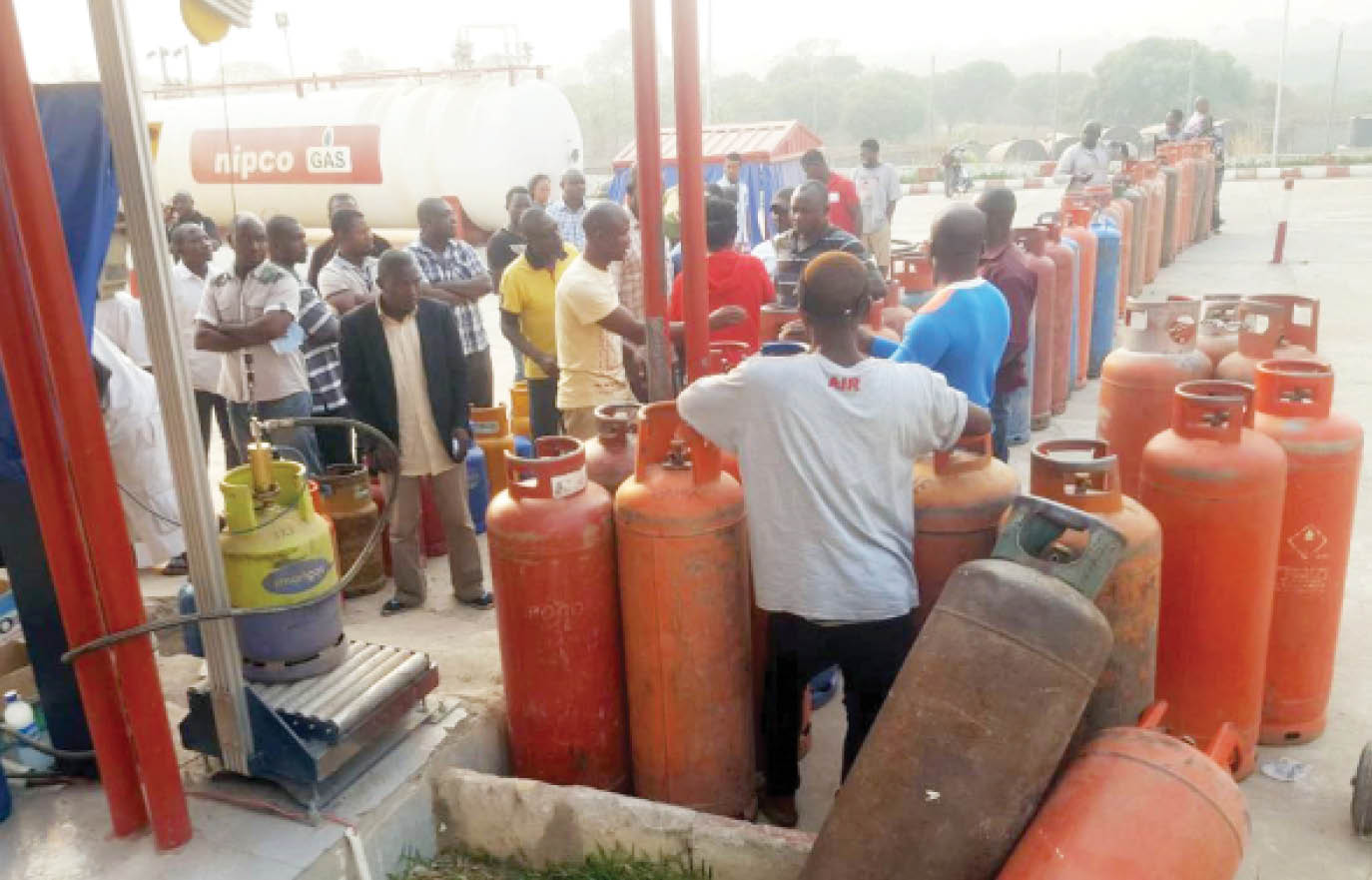Seeking to combat skyrocketing cooking gas prices, the Nigerian government has implemented an export ban on Liquefied Petroleum Gas (LPG). This bold move, announced on February 22nd by Minister of State for Petroleum Resources Ekperikpe Ekpo, aims to increase domestic availability and hopefully reduce costs for citizens.
Prior to the ban, the price of a 12.5kg LPG cylinder had already reached ₦16,875 in Lagos, with reports of even higher costs in other states. This significant increase placed a heavy burden on households, making cooking gas an unaffordable luxury for many.
Enjoy Juicy content, on our WHATSAPP CHANNEL
Read this: Peter Obi reacts to CBN’s 9% increase.
Read this: Governor Sani confirms the killing of notorious wanted

The government’s strategy hinges on a simple principle: by keeping LPG within the country, its supply will outpace demand, leading to a natural price decrease. Minister Ekpo emphasized ongoing discussions with industry stakeholders, including regulators and major producers like Mobil, Chevron, and Shell, to ensure the ban’s smooth implementation.

Enjoy Juicy content, on our WHATSAPP CHANNEL
Read this: Peter Obi reacts to CBN’s 9% increase.
Read this: Governor Sani confirms the killing of notorious wanted
This decision has sparked mixed reactions. While many citizens welcome the potential relief from high cooking gas costs, some industry experts express concerns about its long-term impact on the economy and potential unintended consequences. Only time will tell if the ban successfully achieves its intended goals.
Enjoy Juicy content, on our WHATSAPP CHANNEL
Read this: Peter Obi reacts to CBN’s 9% increase.
Read this: Governor Sani confirms the killing of notorious wanted








































